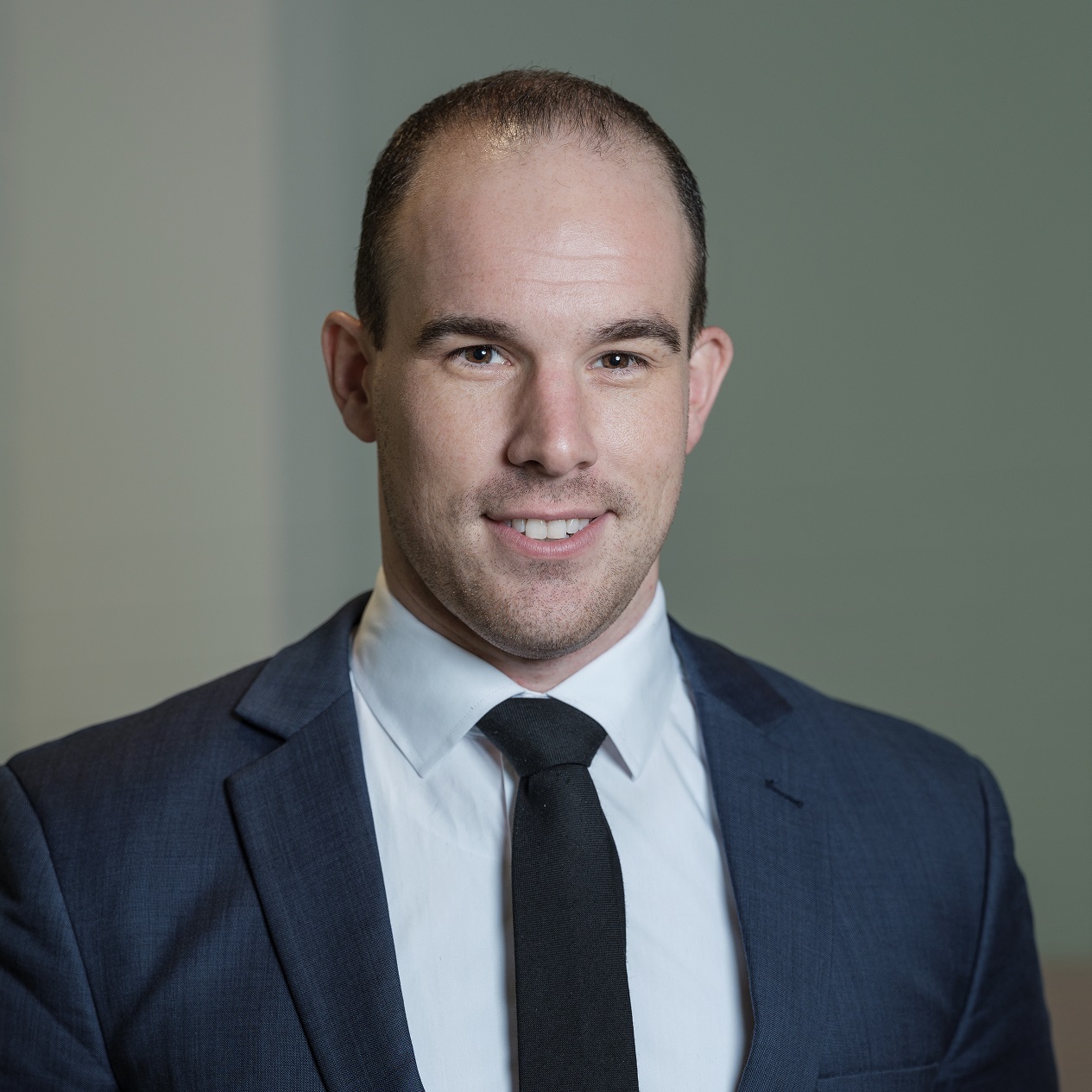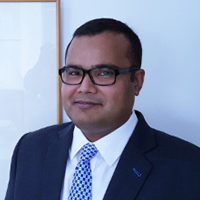Thanks to EMFin, I now know what “Value” really is, and how to benchmark any strategic or operational decision against it.
Berry Schrijen

What made you decide to do a Master in Finance?
I was always eager to learn new things. So when my company offered me a chance to study again, I quickly started my research. An MBA was the first logical thing to research. But, it did not take me long to find out that an Executive MBA (EMBA) did not match with what I was really looking for. I was looking for a programme that allowed me to dive deeper into a discipline of my choice, not another course that superficially covered many disciplines.
Why the INSEAD Executive Master in Finance (EMFin) amongst all other available Master programmes worldwide?
While I realised that an EMBA was not what I was looking for, I was still unaware of the existence of specialised programmes. Struggling with my dilemma, I reached out to someone I admired, and who I knew had done an EMBA himself.
He asked me a very simple question: Why do you want to do an EMBA? I did not have an immediate answer to that. All I knew was that I wanted to gain more in-depth knowledge in finance, to prepare myself for the rest of my career. When I finally started specifically looking for the terms “executive education” and “finance”, I came across INSEAD’s EMFin programme in Singapore.
Following the adage of “in order to believe in something, first see it for oneself”, I got in an aeroplane and flew to Singapore over the weekend to visit the campus. I took my wife along with me, as I knew ultimately it would require a commitment from her and me both.
Did the programme meet or exceed your expectations?
YES. Over the course of the programme, I have learnt to view business (and beyond) in a much more comprehensive manner. What particularly stood out to me was the concept of (financial) “Value”. Thanks to EMFin, I now know what “Value” really is, and how to benchmark any strategic or operational decision against it.
How relevant is the EMFin programme when it comes to a finance career in China?
While China is still one of the fastest-growing economies in the world and many companies are growing in tandem, there may come a time when incremental growth through operational excellence is the only way forward for a company to succeed.
Over the course of the programme, the INSEAD EMFin has provided me with practical tools to lead the strategic transformation of companies towards this operational excellence, by using “Value” as a catalyst.
So ‘practical’ in fact, that I was able to apply them at my own company already.
How has your career changed before and after EMFin?
In my particular case, I haven’t changed my company or job title since graduating from EMFin. Instead, thanks to EMFin, I successfully launched multiple campaigns to rethink some of the decision-making processes within the company, thereby inherently increasing the long-term value of the company.
Do share with us your thoughts on:
- The quality of the professors
Italian, French, Belgian, German, Greek… all of the professors not only have their own particular accents but also their own personality and style of teaching. While some are easier to get used to than others, the multi-cultural differences are in fact what makes INSEAD so special.
What particularly astounded me is the ease with which INSEAD EMFin’s professors were able to explain complex matters. I am still surprised about how many times I walked out from the classroom wondering why I (and, I guess, many others) ever thought them to be ‘complicated’ in the first place.
- Your classroom experience
The atmosphere was simply amazing. 35 people, from all parts of the world, and from very different industries. Given that the EMFin community is relatively small, it did not take long before we all got to know each other very well. But, because we knew we would be spending the next 1.5 years together, there was no pressure in getting to know each other either. I recall many enjoyable dinners and travels together, but I also recall many quiet nights spent in or around the library, whilst some of the others were having a beer outside.
Can you share more about the Capstone? How has it benefited you?
Like the curriculum itself, you could probably divide EMFin’s participants into two parts: ‘Capital Markets’ and ‘Corporate Finance’. As a CFO of an SME, I was part of the latter group, and therefore especially inclined to learn more about Capital Markets.
And so, for my Capstone assignment, I chose a subject related to that. Moreover, inspired by an elective on Data Science during Module 4 in Fontainebleau (INSEAD’s France-based campus), I decided to use the Capstone as an opportunity to upgrade my data analytical skills, which I knew would be useful for forecasting. As a result, I now not only know more about Capital Markets but also gained a valuable skill that I already have started to apply in my professional career.
What advice will you give to potential EMFin participants?
EMFin is an amazing and unique opportunity for any finance professional to ‘get to the next level’.
Seize it with both hands and spend every minute of it in the most valuable way possible. It won’t take long for you to find out that once you really understand the ‘Value of Finance’, you will be able to understand what ‘Financial Leadership’ is all about.
Read this article by Berry Schrijen about the Invaluable Synergy between INSEAD's EMFin with CMA programs




